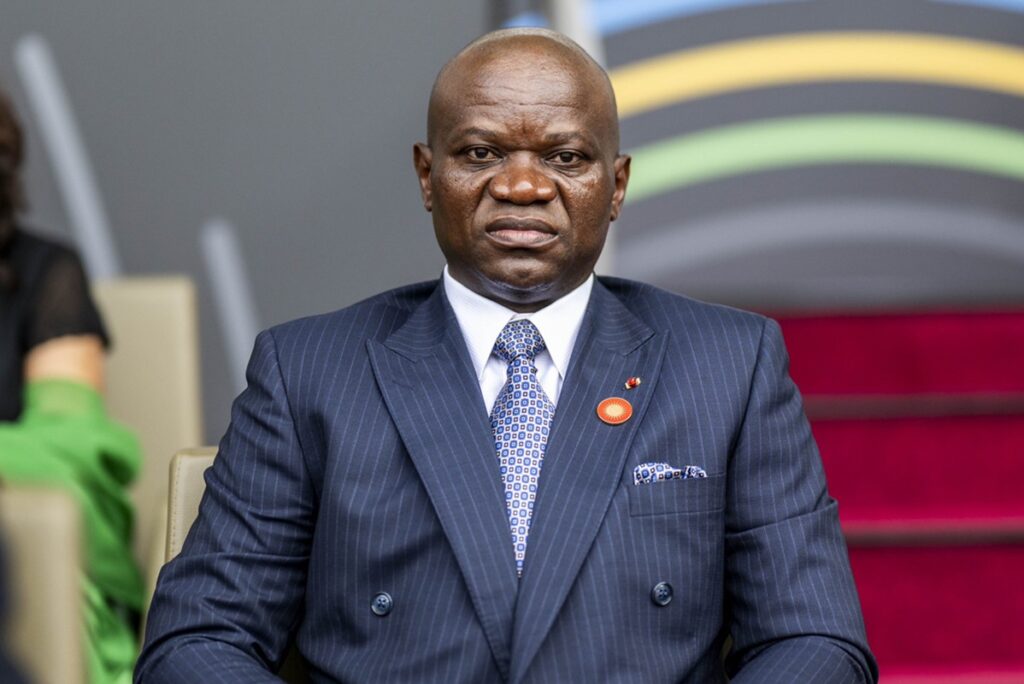
Just weeks into his presidency, Gabon’s transitional leader General Brice Clotaire Oligui Nguema has unveiled a bold set of austerity measures aimed at drastically curbing government spending and tackling long-standing financial mismanagement.
The reforms, adopted during a Council of Ministers meeting on June 20, represent one of the most significant fiscal course corrections in the country’s recent history.
The initiative, framed as a decisive break from the excesses of the past, comes amid growing public discontent over chronic corruption, budgetary opacity, and institutional inefficiency.
“We must put an end to the waste,” declared a senior adviser close to President Oligui Nguema, echoing the administration’s new ethos of accountability and restraint.
Gabon, though rich in oil, timber, and manganese, continues to struggle with glaring inequality, high unemployment, and dependency on imports.
With a GDP per capita estimated at $8,000 in 2025, the country remains plagued by a bloated bureaucracy and elite-driven spending practices that have hollowed out its public services.
The newly adopted measures include a ban on first-class travel for senior officials—now limited to ministers of state—with all other officials required to fly economy.
Cash advances for official travel have been eliminated entirely to reduce the risk of misappropriation, and the number of staff assigned to ministerial offices, particularly the vice-presidency, has been significantly reduced.
In a move with potentially far-reaching implications, the government also announced a three-month suspension of tax exemptions, paired with a full audit of their relevance and legality.
According to government estimates, Gabon lost more than 1,000 billion CFA francs (approximately €1.5 billion) over the past three years due to opaque and often unjustified preferential tax arrangements.
While the freeze on exemptions could generate friction with certain business interests, it is being positioned as a necessary step to restore tax equity and improve domestic revenue mobilisation, especially in a nation still heavily reliant on oil revenues.
President Oligui Nguema’s actions are being closely watched both at home and abroad. For a country that has long been criticised for institutional excess and economic stagnation, this shift signals an attempt—however nascent—to rebuild credibility and lay the foundation for a leaner, more transparent state apparatus.
Whether these reforms will be sustained or deliver tangible improvements remains to be seen, but the message is clear: the era of unchecked state extravagance may be drawing to a close.



